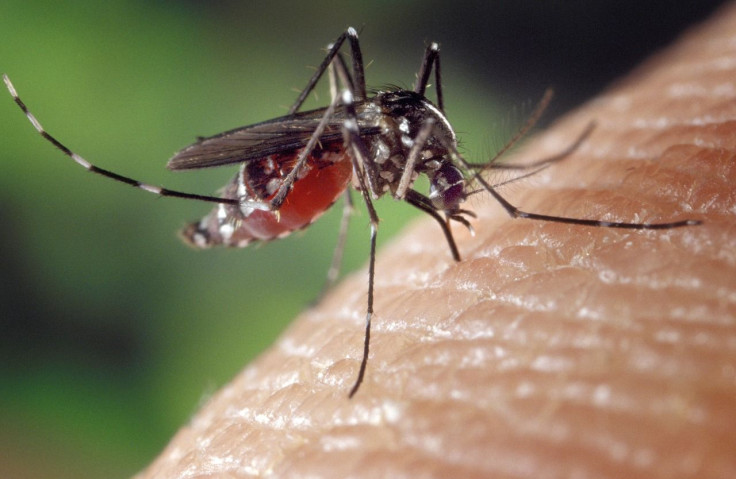Florida Keys To Use Genetically-Modified Mosquitoes To Combat Zika Virus

KEY POINTS
- Local authorities have allowed release of genetically-engineered mosquitoes in Florida Keys
- Several voiced concern over experiment that seeks to combat Zika virus, other diseases
- Zika virus could cause birth defects in babies during pregnancy
Florida Keys have been allowed to use genetically-modified mosquitoes in their fight against the Zika virus. The tropical islands in the southern tip of Florida now plan to release over 750 million mosquitoes that have been altered genetically to prevent the growth of female offspring.
The approval of the release of genetically-engineered mosquitoes in the Monroe County area came to be in spite of public outcry and opposition over the possible effects of the move on human health and the environment. As such, many have voiced out their disagreement with the approved project.
Jaydee Hanson, policy director for the International Center for Technology Assessment and Center for Food Safety, said in a statement that the move is like a Jurassic Park experiment with unknown repercussions. He also called out the United States Environmental Protection Agency (EPA) for allowing it without seriously analyzing the environmental risks involved.
“The Mosquito Control Board has an obligation to our community, not a vendor that's products are risky and untrustworthy. Florida Keys Mosquito Control District (FKMCD) wants to proceed with an experiment that may be damaging to public and environmental health and our local economy. We need true solutions to benefit our community and ecosystems,” Florida Keys Environmental Coalition Executive Director Barry Wray said.
The genetically-engineered mosquito trial was rejected in 2016 by voters of its then proposed release site in Key Haven. But now local authorities have given the final approval to the project that will run from 2021 to 2022. No specific details on where exactly and when will the mosquitoes be released during the two-year period have been disclosed thus far.
The main goal of the project is to find out if the use of genetically-modified mosquitoes could be a viable alternative to insecticides when it comes to controlling the population of Aedes aegypt, the mosquito species capable of carrying the Zika virus and other diseases like dengue, yellow fever and chikungunya.
U.S.-owned, British-based company Oxitec is the one developing the genetically-modified organisms in the project. In May, Oxitec CEO Grey Frandsen expressed excitement after the EPA granted its request to carry out the experiment in Florida.
“This is an exciting development because it represents the ground-breaking work of hundreds of passionate people over more than a decade in multiple countries, all of whom want to protect communities from dengue, Zika, yellow fever, and other vector-borne diseases,” Frandsen said in a statement at the time.
The mosquito that will be released in Florida Keys has been named OX5034, and each was designed to produce female offspring that die in the larval stage. This is done because only the female mosquitoes bite humans for blood and in the process transmit the disease-causing germs they carry with them. The male species only feed on nectar and are not carriers of the diseases, CNN reported.
Though the disease that Zika virus causes is typically not fatal, it is considered a big threat to babies. For one thing, infection during pregnancy could cause certain birth defects and there is no vaccine or medicine available to treat it, according to the Centers for Disease Control and Prevention.
© Copyright IBTimes 2025. All rights reserved.





















